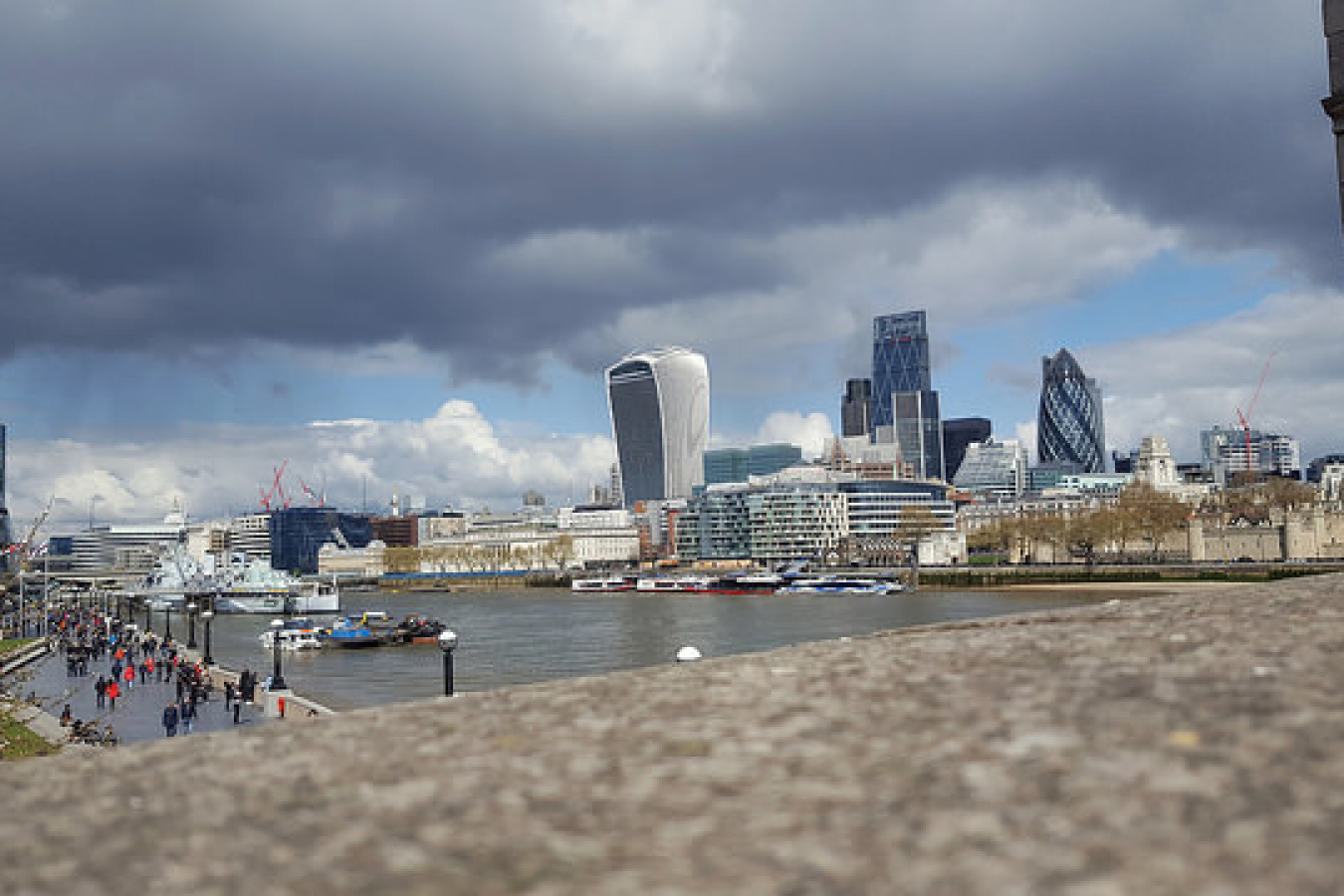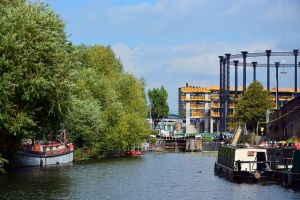Support migrant centric journalism today and donate

Immigration Rules were changed on 09 January, 2006 with several updates. One that becomes effective on 19 June is a new category that does not require a work permit.
Persons affiliated with religious activity that are non-pastoral in nature may qualify, as well as Kirtani performers. Ministers of religion and religious workers that previously required a work permit may now enter and reside in the country without a work permit. Effective 19 June, any work permit applications received for persons in this category will be rejected, and the employer referred to the Immigration and Nationality Enquiry Bureau.
Kirtani performers (sometimes referred to as Kirtani players) are a special category of traditional Sikh religious singers and musicians. Specifically, they have not previously been treated as ministers of religion, and this new designation does not treat them as such. However, they may now be granted an exemption from requiring a work permit, as other general entertainers in culture and religion will continue to need.
There is no change for other religious performers, who must continue to submit work permit applications as has been required for some time now.
This change, announced originally in December, 2005, allows religious workers in non-pastoral roles to come to the UK to work for up to two years. Workers whose duties include performing religious rites - such as reading the scriptures aloud or tending to the deities - will be eligible, but preaching to a congregation or similar activity will not.
They will not be required to speak English, and they also will not be eligible for permanent settlement in the UK. They may not act as a Minister of Religion, Missionary, Member of a Religious Order or in any similar capacity in order to avoid this new category being used to circumvent existing rules.
Quoted as per the original announcement, 19 December, 2005:
The main provisions of the new immigration category are that the applicant:
• is an established religious worker overseas. Religious workers in non-pastoral roles will be required to have at least one year full time - or the equivalent part time - training or work experience in their faith in the last five years;
• submits a letter from a senior member or representative of the local community who has invited them to the UK confirming that they have genuinely been employed under the terms of this category. It will also specify the duration of employment and leave will be granted for this period up to the maximum available of two years; and
• for religious workers in non-pastoral roles, the letter from their community must also confirm that another member of the religious community speaks English.





















